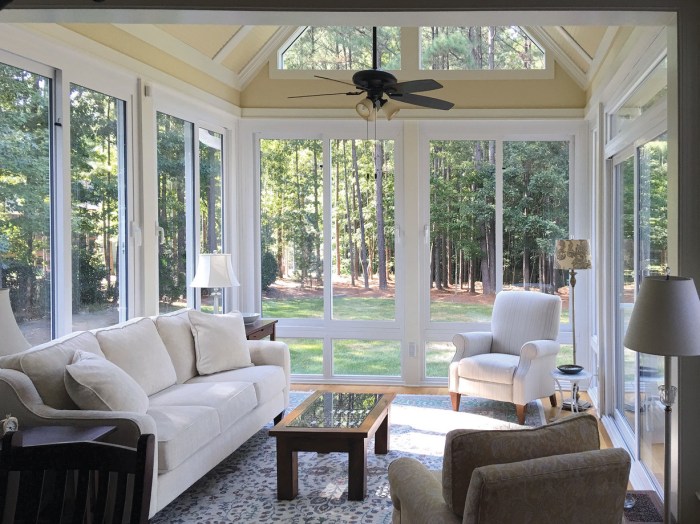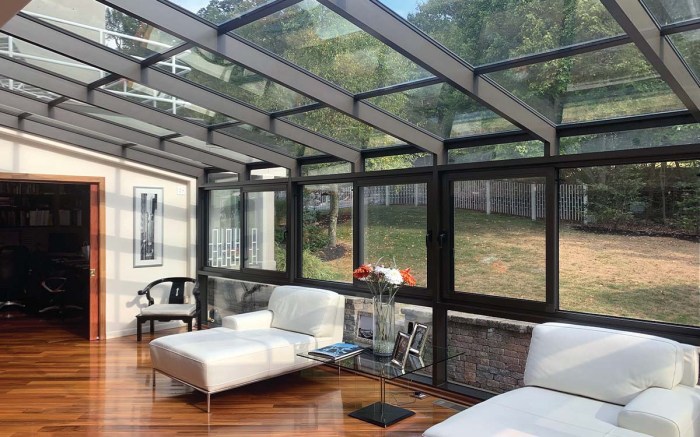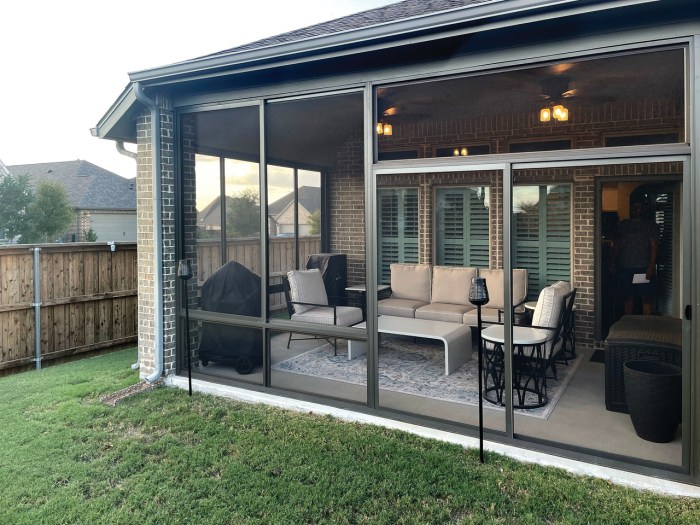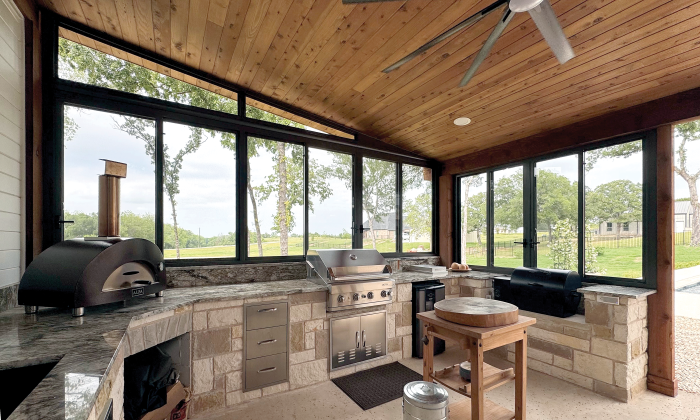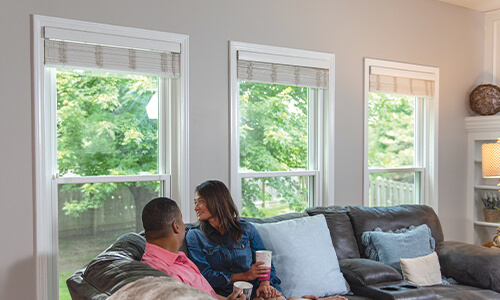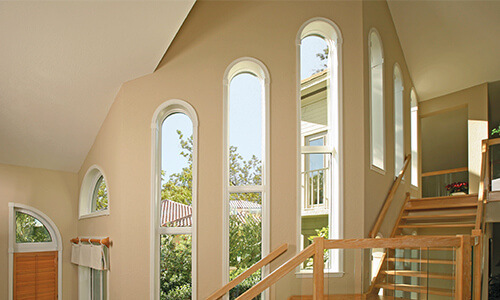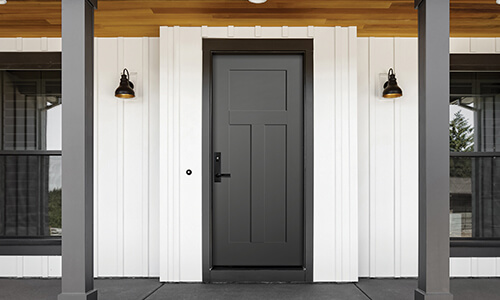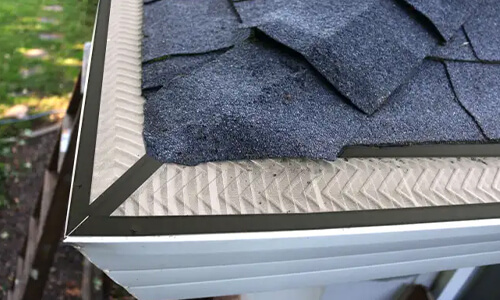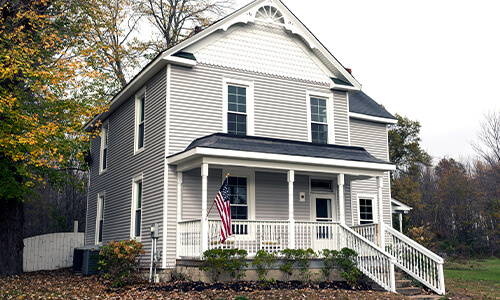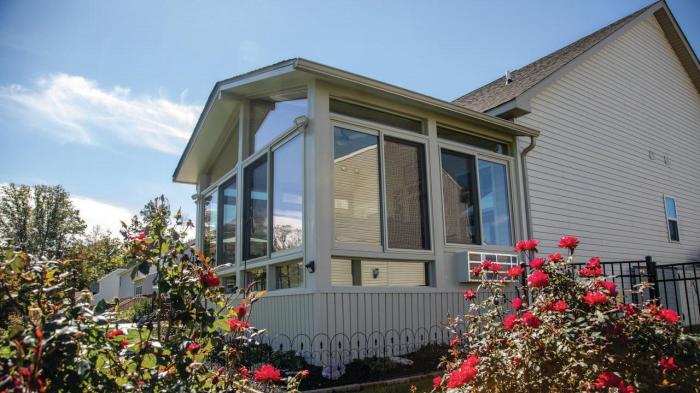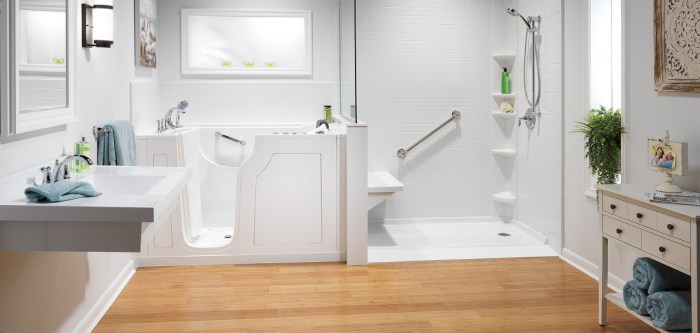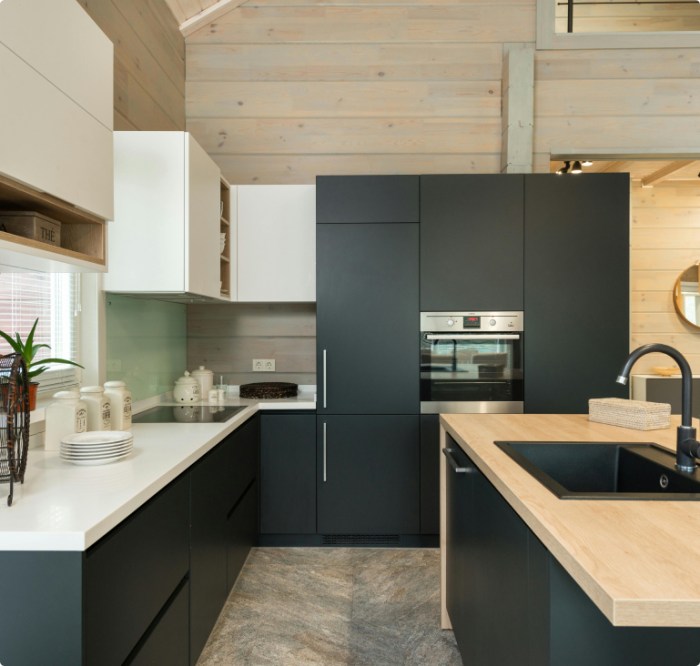You know the scene in every HGTV show where the couple walks into their newly remodeled home and gasps, tears in their eyes, marveling at the open floor plan and brand-new countertops? It’s enough to make anyone daydream about knocking down a few walls. But behind that big reveal is weeks (or months) of decision-making, dust, budgeting, and sometimes doubt. So if you’re wondering when to start a home renovation yourself, this one’s for you.
Let’s walk through five key questions to help you figure out if now is truly the right time to begin your own dream project. Whether you’re envisioning a bathroom upgrade, new windows, or a total home refresh, asking these questions first will help you move forward with clarity and confidence.
Why Timing Matters in Renovation Decisions
Just like a well-delivered joke, a great home renovation project is all in the timing. Many homeowners rush into remodeling without fully considering the implications, only to hit budget issues, experience delays, or regret starting altogether. Understanding the best time to renovate a house depends on your personal circumstances and external market factors, like contractor availability and seasonal conditions.
So before you pick up that sledgehammer, ask yourself the following renovation readiness questions.
Question #1: What’s Driving the Renovation? Need or Want?
Understanding the motivation behind your remodel is the foundation of a successful renovation. Are you planning a project out of necessity or emergency (like a plumbing leak or structural issue)? Or are you dreaming up a beautiful new bathroom that looks just like the one you saw in a design magazine, complete with fresh wallpaper and new sink fixtures?
Either scenario is perfectly okay! Home remodels can be both functional and fun. But asking yourself what’s driving your renovation can help you align on timing. Is this a project that absolutely needs to happen right away, or is it something that can wait if your budget or timeline don’t allow for it now?
Signs It’s Time for a Functional Update
If your home no longer meets your daily needs, a renovation may be more necessity than luxury. And if your house has structural or safety concerns, then now is definitely the time to call a professional. Here are a few common signs that now might be the time for a functional home update:
- Your family has gotten bigger, and you’ve outgrown your space
- You have frequent plumbing or electrical issues
- You’re aging, and have realized that your house isn’t accessible enough for your future needs
- You have poor insulation or energy efficiency throughout the seasons
These are all solid reasons to renovate sooner rather than later. And remember: these types of projects aren’t always exciting (they might even feel like a downright drag)—but they’re crucial to improve your own comfort and safety and will add long-term value to your home.
When Aesthetic Goals Still Make Sense
On the flip side, there’s nothing wrong with a good old face lift! Redesigning your home can make it more enjoyable for you to live in, and certain aesthetic projects can also add value for future buyers. However, they’re less immediately necessary than a functional update.
So if you’re mostly bothered by outdated finishes or want a cosmetic refresh, ask yourself:
- How much will this improve my day-to-day enjoyment?
- Will the upgrade align with the style and value of the rest of the house?
- Am I emotionally or financially prepared to take it on now?
- Are there other areas of my life where I should be focusing my efforts?
- Do I have any other big financial burdens on the horizon?
Aesthetic renovations can absolutely be worthwhile—especially if you’re staying in your home long term or preparing for resale. Just make sure your goals are clear and realistic before diving in.
Question #2: What’s Your Budget & Financing Plan?
Few things derail a renovation faster than an unclear or unrealistic budget. The last thing you’d want is to start knocking down walls and then live with a half-finished kitchen because money ran out.
So before you sign a contract, make sure you and your renovation team are on the same page about how much everything will cost, how you’ll be notified if the budget changes, and what your financing options are if you plan to pay over time.
Setting Expectations Based on Scope
The cost of a home renovation can vary widely depending on the size of the project. There are several factors that can affect your budget, like:
- How complex is your project? Are you making structural changes or installing complicated designs? The bigger and more complex the project, the more specialists you’ll need—which will add to your budget.
- What materials does your project require? Does your project include readily available materials, or are you seeking custom designs? Some materials are easier to get than others, and may affect your budget.
- What unforeseen circumstances might arise? Some problems are impossible for your contractor to know at first glance. Once a wall is broken down or a pipe is unscrewed, you might find mold, rotted wood or pest infestations, which can easily add time and money to your project.
Planning For Contingencies
No matter how carefully you plan, surprises happen. From hidden water damage to backordered tile, plan for at least 5–10% over your estimated budget to cover unexpected issues.
Also consider your financing plan. Are you paying in cash, using a home equity line of credit (HELOC), or exploring renovation loans? Your financial strategy should align with your comfort level and project timeline. Your contractor can help you sort through your options, and show you how your project timeline aligns with your budget and payment plan.
Need inspiration before you decide?
Browse our gallery of real projects to see how our design-to-install approach brings your vision to life.
Question #3: How Long Will You Stay in Your Current House?
Your future plans play a huge role in deciding when and how to renovate. Are you planning an improvement project because it will help you enjoy living in your home for years to come? Or are you fixing unresolved issues because it’ll make your house more attractive to potential buyers?
If you’re thinking about making a major investment in a renovation project, it’s important to think about the future first. If you’re planning to move soon, you’d hate to spend money on a project that potential buyers won’t care about, and you won’t get to enjoy for years to come.
Renovating for Resale vs. Long-Term Living
If you plan to sell in the next 2–3 years, focus on renovations that have the highest return on investment. These are projects that will make your house stand out on the market, and modernize your home for potential buyers. If you’re thinking about selling, you might consider:
- Curb appeal improvements
- Kitchen and bath upgrades
- Siding replacement
- Energy-efficient windows and HVAC
In these cases, keep your designs neutral and timeless to appeal to a broad buyer pool.
If you’re staying for the long haul, you have more freedom to personalize, with projects like:
- Home additions
- Updated patios or outdoor spaces
- Finished basements
- Aesthetic changes, like new floors or molding
You might also consider renovations that improve energy efficiency or accessibility, which can pay off over time and support your home as it ages.
Question #4: Can You Live Through the Disruption?
Starting a home improvement project is exciting! But it’s also a huge disruption to your life. Whether your project will take a couple of hours or an entire year, it will impact your daily routines. You’ll need to be on call if your team needs anything. You might have to move furniture and valuables around. Entire rooms might even be off limits for long periods of time while your renovation team is in demo mode.
So before you start anything new, ask yourself if now is the right time for a major disruption.
Managing Stress & Daily Impact
Living through a renovation often means:
- Dust and noise
- Temporary loss of room access
- Being regularly available at home
- Workers coming and going
- Potential delays or setbacks
If you’re working from home or have young kids, this disruption may be particularly tough. Think about temporary housing or limiting the project to one area at a time to avoid major renovation challenges.
Working With a Full-Service Partner
Depending on the scope of your project, you might need a myriad of different contractors—from door installers to flooring experts to plumbing pros. It can be nearly impossible to manage all of those different folks on your own, which is why partnering with a trusted, full-service company like Great Day Improvements can make all the difference.
We manage everything for you—from design and permits to construction and final cleanup. That means less stress for you, with just one communication channel to keep you informed every step of the way. Curious if we can help with your next project? Explore our range of services.
Question #5: Is the Market or Season Right for Renovation?
The best time of year to do home renovation often depends on the project:
- Spring and summer are ideal for exterior work, like windows, siding, and decks.
- Fall is great for kitchen remodels if you want things done before the holidays.
- Winter can be slower for contractors, so you may find better availability and pricing—especially for interior updates.
Planning ahead (ideally 2–3 months out) ensures you can book your preferred team and avoid scheduling delays. Your renovation company can also help you decide if your desired project is right for the season, or if you should wait until later to get started.
Material & Labor Availability
In recent years, supply chain delays and labor shortages have affected renovation timelines, making it hard to stay in control. Before you get started on your next project, ask your remodeler:
- Are the materials for this project readily available?
- What’s the estimated start and completion timeline?
- How do you handle delays or backorders?
- What happens if you have to order more expensive materials than we originally discussed? Will you give me final sign-off before they’re ordered?
Being informed helps you avoid frustration and plan more accurately.
If You’re Ready, We’re Here to Help
Making the decision to renovate is deeply personal—but asking the right home improvement questions upfront will help you feel confident and prepared. From understanding your “why” to mapping out your budget and timeline, these five questions can act as your guide.
And when you’re ready, we’re here to help you bring your vision to life. Our team is committed to delivering high-quality results with transparency, professionalism, and care—whether you’re planning a small update or a major transformation.
Ready to move forward?
Get a quote for free, and learn what it’s like to work with one fully accountable team.
Frequently Asked Questions
When is the best time to renovate a house?
The best time to renovate depends on the type of project. Exterior projects are ideal in spring and summer when weather conditions are favorable, while interior remodels (like kitchens or bathrooms) often make sense in the fall or winter when contractor schedules are more flexible. Planning 2–3 months in advance can help secure your desired timeline.
How do I know if I’m ready to start a home renovation?
Ask yourself: Do I have a clear goal for the renovation? Have I set a realistic budget? Am I emotionally and logistically prepared for some disruption? If you’ve answered “yes” to those questions and consulted a professional remodeler, you’re likely ready to begin planning.
What permits do I need for a home remodel?
Permit requirements vary by location and project type. Structural changes, electrical work, plumbing, and additions typically require permits. A full-service remodeling partner like Great Day Improvements can handle permitting for you, ensuring your renovation stays compliant and safe. Get in touch >
Are home renovations tax deductible?
In most cases, home renovations are not tax deductible unless they’re medically necessary or part of a home office deduction. However, improvements that increase your home’s value may reduce capital gains taxes when you sell. It’s best to consult a tax advisor for guidance on your specific situation.
Should I move out during a renovation?
For smaller projects, staying in your home is usually manageable. But for large-scale renovations—especially kitchens or multiple-room updates—it may be less stressful to stay elsewhere temporarily. Your contractor can help you understand the level of disruption involved and suggest the best course of action.
Why choose Great Day Improvements for my next remodel?
We don’t just offer services—we offer a better way to remodel. Our in-house team manages design, build, and install, giving you full control and peace of mind. If you’re wondering how to stay in control during a remodel, we’re your answer. Get a quote >























